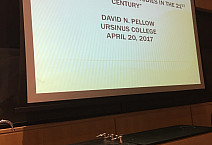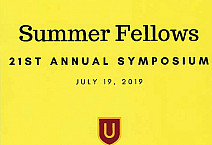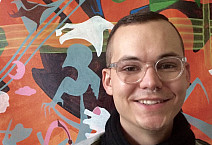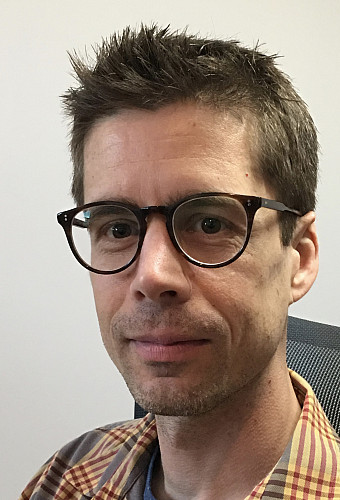Jonathan L. Clark
With a background in biology, sociology, and law, Dr. Clark has always taken an interdisciplinary approach to the topics that have interested him, namely, animals, nature, technology, and the environment. Before earning his PhD he practiced environmental law. To date his research has been situated at the intersection of two interdisciplinary fields: animal studies and the environmental humanities. In recent years he has developed an interest in a number of other topics, including affordances, the built environment, attention, and everyday life. He has become especially interested in the writings of the great twentieth century sociologist Erving Goffman. Dr. Clark has taught a wide range of courses in sociology and environmental studies. In 2018 he received the Lindback Distinguished Teaching Award.
Department
Degrees
- BS in biology, Penn State Behrend
- JD, Washington & Lee
- PhD in rural sociology, Penn State
Teaching
Thinking Sociologically
Using Social Theory
People Watching with Erving Goffman
Animals & Society
Environmental Justice
Research Interests
Animal Studies
Environmental Humanities
Recent Work
Clark, Jonathan L. “Attentional Deviance.” Environmental Humanities 12, no. 2 (November 2020): 492-495. https://doi.org/10.1215/22011919-8623241
Clark, Jonathan L. “Consider the Vulture: An Ethical Approach to Roadkill.” Discard Studies (blog). December 4, 2017. https://discardstudies.com/2017/12/04/consider-the-vulture-an-ethical-approach-to-roadkill/
Clark, Jonathan L. “Which Animals Do We Study?” Animals in Society Working Group (blog). June 27, 2016. https://animalsinsocietygroup.wordpress.com/2016/06/27/series-why-animal-studies-with-jonathan-l-clark/
Clark, Jonathan L. “Uncharismatic Invasives.” Environmental Humanities 6, no.1 (May 2015): 29-52. https://doi.org/10.1215/22011919-3615889
For additional work see Dr. Clark’s Humanities Commons Website.




